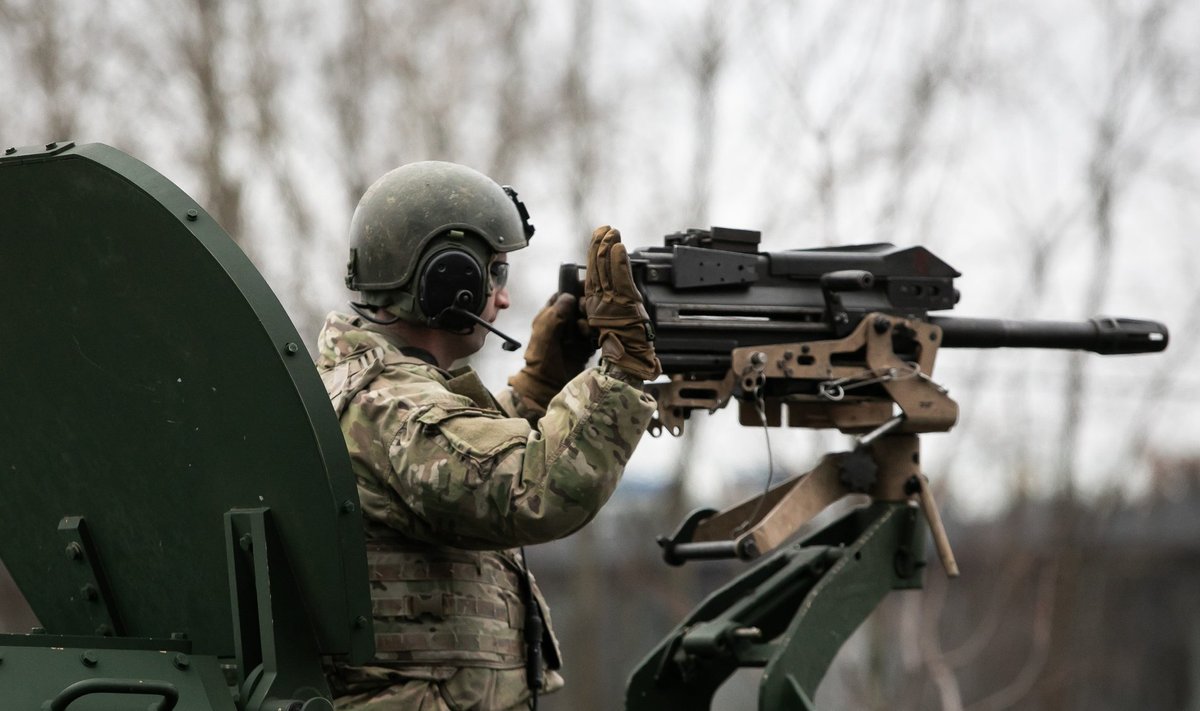Recalls the overwhelming feeling of fear
Reflecting about February 2022, when Russia invaded Ukraine, a young girl Gerda (name changed) admits well remembering her emotions and the thoughts that overwhelmed her that day.
“I think that for my generation, war in general has always been a challenging concept to understand. We only encountered it during history lessons, maybe heard about it from our parents or grandparents, we saw it in films. Then, one day, it erupted nearby. I remember that morning when the first reports from Ukraine surfaced, I felt very anxious. I immediately reached out my parents; we briefly discussed the situation. They reassured me that there was nothing to worry about, but I could definitely sense the anxiety in their voices,” the girl remembers.
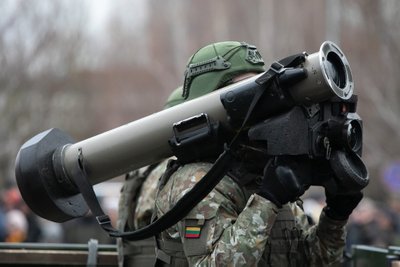
Toma’s (name changed) memories of the first war days are very similar to Gerda’s.
“On that day, I was at work and remember very well that growing fear that gripped me. It was very challenging to focus on my duties, I wanted to be with my family, at home, to feel calmer and safer. I was working very close to the airport, so every sound of a plane sent me chills down my spine,” she recalls.
The girl acknowledges having thoughts about the worst-case scenarios and the fact that all these horrific events could directly impact Lithuania.
“Everybody harboured similar thoughts, I am sure about that. My dad promptly said that if that happened, he would send us all to my aunt in Germany. However, I had a bit different plan in mind – to return to my hometown, to my parents, and be with them,” says Toma.
Smiltė (name changed) also admits that the war in Ukraine significantly altered her perspective on life.
“First of all, I considered returning to my hometown, to my parents. We had also discussed a possible plan of relocating abroad to live with my sister. I’m glad we avoided that, but, all in all, the war in Ukraine has changed a lot. There were moments when I thought why bother doing something here when one day the war could leave everything in rubbles,” she says.
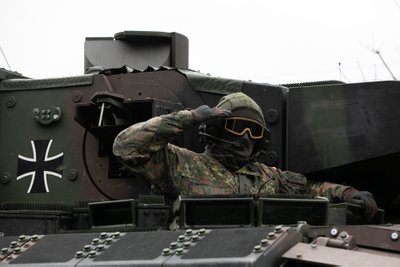
Offers of help
According to Gerda, even though, after the war in Ukraine erupted, fear has become permanent state of mind, she believed that the important thing was to remain calm and assist those who were facing a genuine threat and grappling with the consequences.
“At that time, the innocent victims were the most vulnerable. Together with my friends we talked a lot about how we could offer assistance and make their survival more manageable,” she says.
And the girl definitely has found some ways how to contribute to this cause.
“My contribution to helping Ukraine involved small gestures. At that time, they seemed very important to me. My family and I gathered spare clothes and long keeping groceries. Additionally, my brother helped a Ukrainian family to find temporary home here in Lithuania. I believe we were all very focused then. Perhaps, now, many people are a bit tired of the ongoing war in Ukraine and becoming less and less involved,” Gerda thinks.
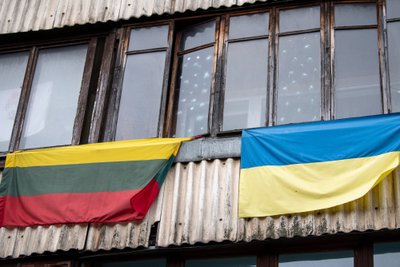
Smiltė, the youngest speaker, echoed Gerda’s sentiments.
“It was emotionally challenging to witness all the horrible events. It was horrible just to think about the suffering children or imagining how people lived in those stations or basements, crowded together with no food, no clothes, no other necessities. I tried to help by sending them clothes, bedding, and so on,” she recalls.
According to the girls, knowing that they were somehow helpful to others was a good way to take their minds off negative thoughts.
“I had to learn the hard way that we live a good life here, we have nothing to worry about. Once that understanding settled in, everything started to fall into place. I started to think more about what I could do to help and how I can contribute to making the lives of people affected by the war as easy as possible, rather than worrying about ‘what if”,” said Gerda.
Strongly influenced by information in the media
Although the war is not taking place in Lithuania, it has strongly affected everyone’s life in one way or another. As Smiltė mentioned, the war in Ukraine has even made her to contemplate how she spends her free time.
“When the war started, I began investing more time on learning about it rather than taking care of some meaningless stuff. I also delved in the history, trying to understand how and why things happened. Perhaps it even altered my views, my priorities, prompting to reassess them once again,” she says.
Gerda had done the same.
“When the war in Ukraine erupted, I became more involved in various news portals or other platforms where you could find the latest updates, sometimes almost in real time. Overall, I guess I became more interested in politics. I had numerous questions and felt an urge to discuss things with my friends and relatives,” she remembers.

However, becoming to engaged into something is not always a good idea.
“Reading the news all the time did no good to me. Well, news is a source of additional anxiety. It is difficult to recall how long it lasted, but I used to read every report, look at all the pictures and watch all the videos. The images were horrific. The news was shocking. Eventually, I realised that I had problems concentrating, news kept me from doing the things I needed to do,” Gerda shares.
However, the girl does not think that distancing completely is an option.
“There have to be certain limits to everything. At the time, I failed to feel them, but luckily decided to change the situation. The first thing I did was deleting a few apps on my phone that made me too emotional. Almost instantly, I realised that I had to look at the situation from a healthier angle,” she says.
The start of the war in Ukraine now seems like an important lesson for everybody. For example, Toma says that when the turmoil between Israel and Hamas began, she felt that she had learned to be interested and gather information concerning the events in a way that did not affect her emotional state too much.
“Comparing the first two months of the war in Ukraine with now, it may seem that I try not to be interested in the war. I know the basic facts, but cautiously refuse to dig deeper. The last time I did that was when I wanted to understand the whole situation with Israel, Hamas, Palestine. I am not indifferent towards what is happening, but interested only to the point where I feel good enough, where I don’t feel paralysed by anxiety,” she says.
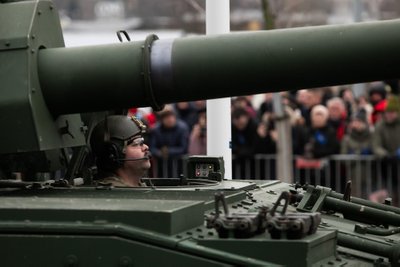
Gerda admits starting to filter the information she finds on the Internet much more seriously.
“Now, I deliberately distance myself form information found on social networks or obscure channels. I trust solely the experts. I believe that the main problem with young people today is that they absorb everything they encounter on the Internet, in this regard young people are like sponges. Well, that is not healthy. Somehow, we need to learn to filter information, adopt critical thinking, do more research ourselves, and not to trust everything, as opinions are frequently manipulated,” she recommends.
Thinking through different scenarios
Although the war in Ukraine has shown once again that brutal tragedies bring a nation together and more united, there are many Lithuanians, and especially young ones, who consider the possibility of leaving the country in the event of a war in Lithuania, rather than fighting for its freedom and independence.
“I believe I would choose to leave. I don’t want to go to war unless it becomes very necessary and leaving the country is no longer an option. After all, I have no experience in matters of war. Of course, in the event of war, we would probably have no other choice but rapidly acquiring such experience,” says a young man named Lukas (name changed).
However, not everyone shares this sentiment.
“The first thing I would like to do is to take my family away and ensure their safety. Then I would pursue training to avoid holding a gun without proper knowledge how to use it. I would go abroad pursuing training in various military equipment, just like the Ukrainians do,” said another young individual Vilius (name changed).
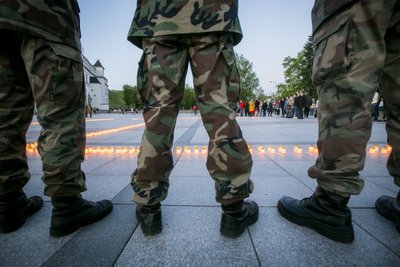
And Vilius is not the only one.
“I believe I would go to the front lines and fight for Lithuania. When the war in Ukraine started, I made it clear that, if the worst happens, I would remain in Lithuania. And there wouldn’t even be a place to escape to,” says Arnoldas (name changed).
Gerda, too, is uncertain about the possibility of leaving Lithuania.
“I have not considered leaving the country, it has never crossed my mind, because I think it’s not a viable option and would never be one. Instead, I would just do my best to protect myself and if I could, I would try to help others in some way, particularly my relatives,” she says.
However, Gerda has one more interesting observation.
“I can’t really imagine myself holding a gun, but I really liked what one political scientist has said recently. He emphasizes how, in the event of war, each individual can make a difference, so I think I would explore ways how to contribute with the skills I have, for example, in my professional field,” Gerda thinks.
On this point Smiltė agrees with Gerda.
“I study medicine, so I believe I could be useful. If I knew that my presence here could be beneficial to someone, I would stay in Lithuania. However, if it was merely for the sake of being in Lithuania, I think I would leave,” she reflected.
What psychologist says
It’s obvious that the war going right next to Lithuania has a direct psychological impact on everyone’s emotional health. Eimantas Lukoševičius, a psychologist at Kaunas University of Technology (KTU), told “Delfi” that in such situations it is important to think not only about how to help those directly suffering from the war, but also about how to support our emotional well-being.
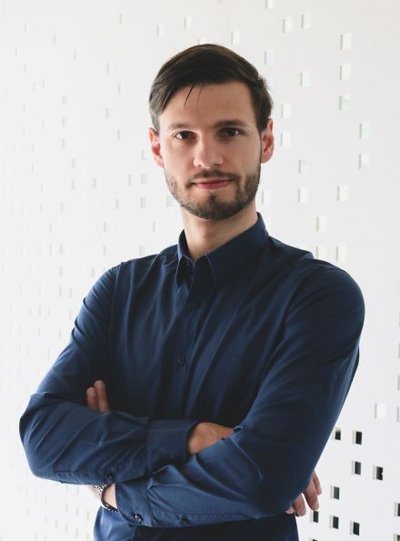
“Post-traumatic stress disorder, anxiety disorders, depression – these experiences can be felt not only by people who are directly involved in the war, but also by Europeans who are witnessing it, including Lithuanians,” the psychologist observes.
Lukoševičius acknowledges noticing that the news from Ukraine and all over the world cause a lot of anxiety and stress for Lithuanians, therefore, it is very important to understand a few key aspects.
“It is important talking about your feelings and experiences with your relatives and friends, no one should keep them to themselves. You may find that others are experiencing similar feelings, find reassurance that you are not alone in this situation, and gain another perspective on how to look at this situation,” he explains.
